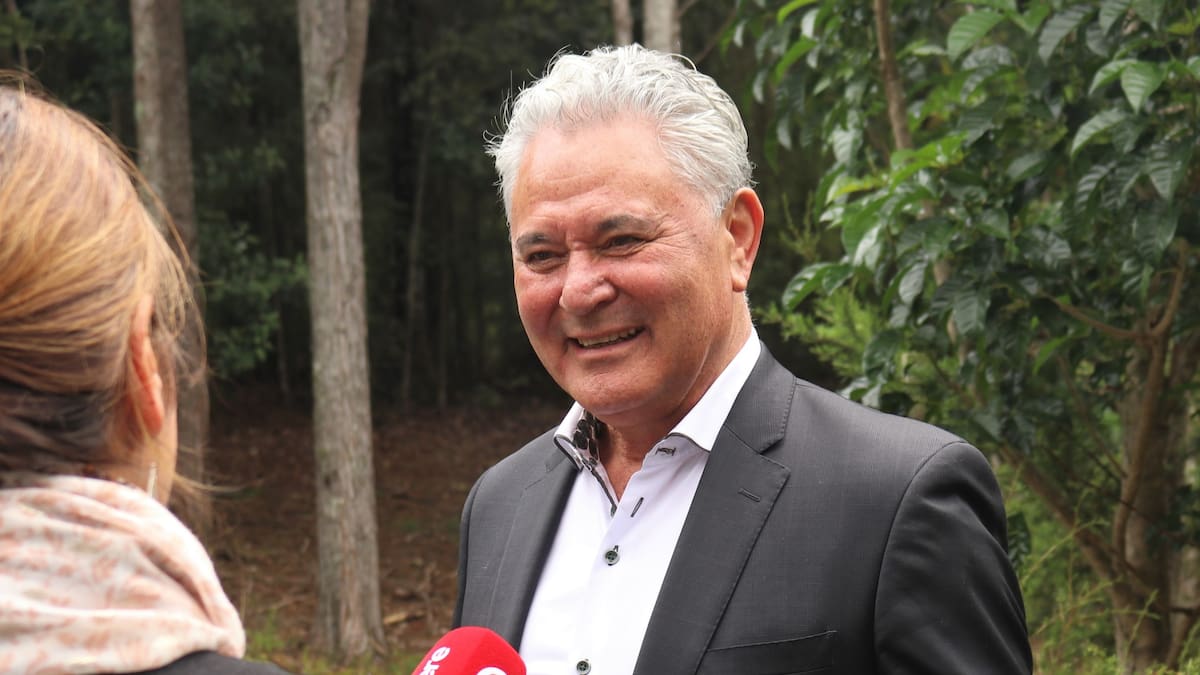The Waipareira Trust argued the Charities Board was improperly constituted.
Why it matters
- The Waipareira Trust has raised significant concerns regarding the legitimacy of the Charities Board, which could influence future regulatory practices.
- This legal decision may have implications for the governance of charitable organizations in New Zealand, encouraging a review of board structures.
- The outcome highlights ongoing disputes surrounding nonprofit oversight and accountability in the sector.
In a notable legal development, the Waipareira Trust has successfully contested the composition of the Charities Board, claiming that it was not properly established. This assertion forms part of the Trust's broader effort to challenge a deregistration notice issued against it. While the Trust achieved a partial victory in court, the ruling did not eliminate the threat posed by the deregistration.
The Waipareira Trust, a prominent organization serving the Māori community in West Auckland, has been at the center of a contentious legal battle with the Charities Board. The Trust's argument hinges on allegations that the board was improperly constituted, which raises serious questions about its authority and the legitimacy of its decisions.
The Charities Board is responsible for overseeing charitable organizations in New Zealand, ensuring they meet specific criteria to maintain their registered status. Deregistration can have significant repercussions for nonprofits, including the loss of tax exemptions and eligibility for public funding. The Waipareira Trust’s ongoing struggle against its deregistration is not only a critical issue for the organization but also for the wider charitable sector, which relies on the integrity of the board.
In their legal proceedings, the Trust's representatives emphasized that the foundation of the board was flawed, arguing that this undermines the legitimacy of its actions. The Trust contended that an improperly constituted board could lead to arbitrary decision-making and a lack of accountability, which could ultimately harm communities relying on charitable services.
Despite the court's acknowledgment of the Trust's concerns regarding the board's composition, the ruling fell short of quashing the deregistration notice. This outcome suggests that while the Trust may have established a legal precedent regarding governance issues, the path to reversing its deregistration remains fraught with challenges.
The implications of this ruling extend beyond the Waipareira Trust itself. Observers note that this case could prompt a reevaluation of how charitable organizations are governed in New Zealand. If the Charities Board's structure is indeed found to be lacking, it may lead to reforms that improve oversight and accountability for all charitable entities across the country.
Community leaders and advocates from the nonprofit sector have expressed support for the Waipareira Trust, emphasizing the importance of having a well-structured and properly functioning board. They argue that the integrity of the Charities Board is essential for maintaining public trust in charitable organizations and ensuring that they can effectively serve their missions.
The Waipareira Trust, established to promote the social, cultural, and economic advancement of Māori people, has been a vital resource for many in its community. The potential loss of its registered status could significantly hinder its ability to deliver essential services, including education, health, and social support. As such, the Trust's fight against deregistration is viewed as a critical issue in safeguarding the interests of Māori communities in West Auckland.
In light of this recent legal development, the Charities Board will likely face increased scrutiny regarding its governance practices. Stakeholders in the nonprofit sector are keenly observing how this case unfolds, as it may set important precedents for the future of charitable governance in New Zealand. The possibility of reform, sparked by the Waipareira Trust's legal arguments, could lead to a more robust framework for the oversight of charities, ultimately benefiting the communities they serve.
As the Waipareira Trust continues to navigate the complexities of its situation, its commitment to advocating for proper governance and accountability within the Charities Board underscores the ongoing need for vigilance in the nonprofit sector. The outcome of this case may not only affect the Trust but could also resonate throughout the broader landscape of charity governance in New Zealand.











